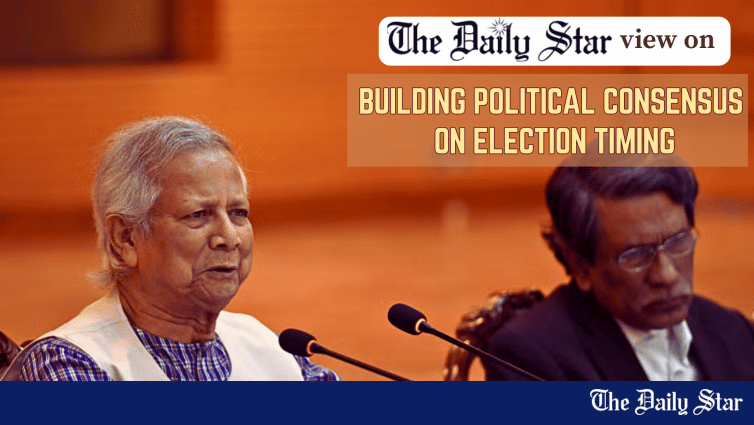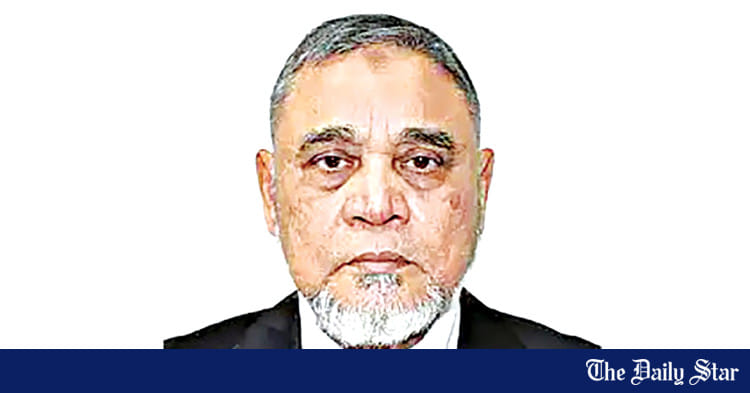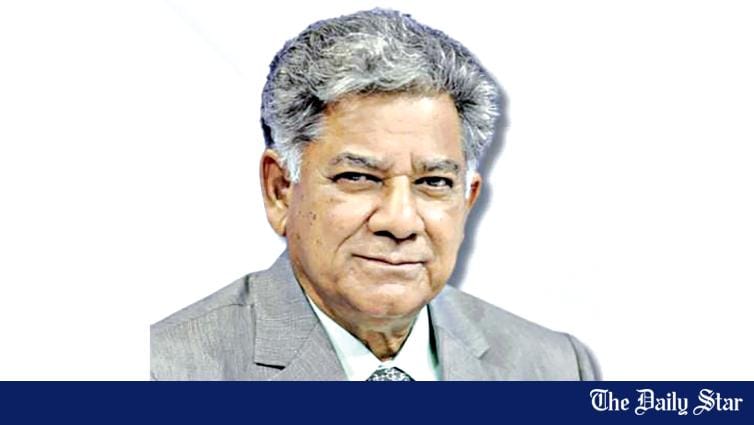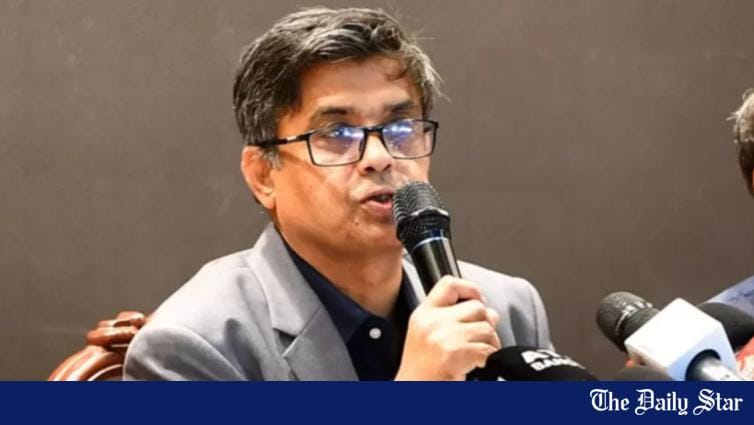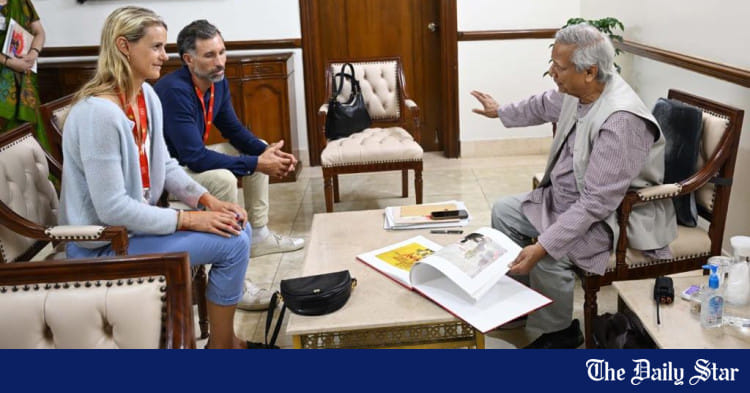- Copy to clipboard
- Thread starter
- #76
Saif
Senior Member
- Jan 24, 2024
- 11,509
- 6,442
- Origin

- Residence

- Axis Group


Polls could be held by year end ‘at the earliest’
The next general election in Bangladesh could be held at the end of this year at the earliest, said Chief Adviser Professor Muhammad Yunus.
Polls could be held by year end ‘at the earliest’
Yunus tells NHK

File photo
The next general election in Bangladesh could be held at the end of this year at the earliest, said Chief Adviser Professor Muhammad Yunus.
In an interview with Japanese public broadcaster NHK on Wednesday, Yunus also discussed his plans to rebuild Bangladesh.
Yunus became the chief adviser of the interim government following a mass uprising that toppled the Awami League government, led by Sheikh Hasina, after 15 years in power.
He told NHK that he had taken charge of a country that was "devastated" in every aspect by the Awami League and vowed to ensure that Bangladesh "lands on its feet and becomes stronger."
"Given the circumstances when we took over, I believe we have come a long way. It was a completely devastated society—its economy, political system, and judiciary were all in disarray," he said.
Acknowledging the importance of elections in a democratic system, he expressed his commitment to creating a "safe and sound" environment before holding elections, ensuring that the next elected government can build upon his administration's efforts.
Regarding the election timeline, he reiterated that voting could take place at the end of this year at the earliest.
"When the election is held, the newly elected government will inherit a stable and secure foundation to work with," Yunus told NHK.
The Nobel Peace Prize laureate expressed hope that young people, who played a key role in last year's uprising, would continue to have an "influential" role in shaping the country's future.
"What young people want is to showcase their creative power and share it with the rest of the world. That is the ambition we have in mind," Yunus said.
The chief adviser also conveyed his gratitude to Japan, Bangladesh's largest development partner, acknowledging that Japanese technology and investment have helped create jobs for young Bangladeshis.
Yunus tells NHK
File photo
The next general election in Bangladesh could be held at the end of this year at the earliest, said Chief Adviser Professor Muhammad Yunus.
In an interview with Japanese public broadcaster NHK on Wednesday, Yunus also discussed his plans to rebuild Bangladesh.
Yunus became the chief adviser of the interim government following a mass uprising that toppled the Awami League government, led by Sheikh Hasina, after 15 years in power.
He told NHK that he had taken charge of a country that was "devastated" in every aspect by the Awami League and vowed to ensure that Bangladesh "lands on its feet and becomes stronger."
"Given the circumstances when we took over, I believe we have come a long way. It was a completely devastated society—its economy, political system, and judiciary were all in disarray," he said.
Acknowledging the importance of elections in a democratic system, he expressed his commitment to creating a "safe and sound" environment before holding elections, ensuring that the next elected government can build upon his administration's efforts.
Regarding the election timeline, he reiterated that voting could take place at the end of this year at the earliest.
"When the election is held, the newly elected government will inherit a stable and secure foundation to work with," Yunus told NHK.
The Nobel Peace Prize laureate expressed hope that young people, who played a key role in last year's uprising, would continue to have an "influential" role in shaping the country's future.
"What young people want is to showcase their creative power and share it with the rest of the world. That is the ambition we have in mind," Yunus said.
The chief adviser also conveyed his gratitude to Japan, Bangladesh's largest development partner, acknowledging that Japanese technology and investment have helped create jobs for young Bangladeshis.







